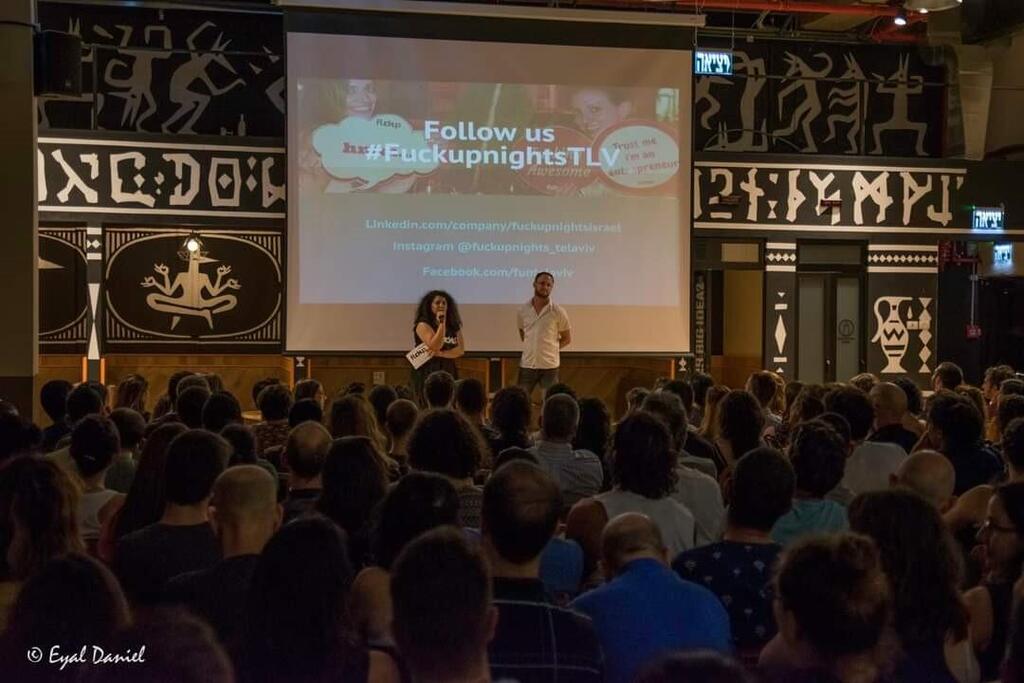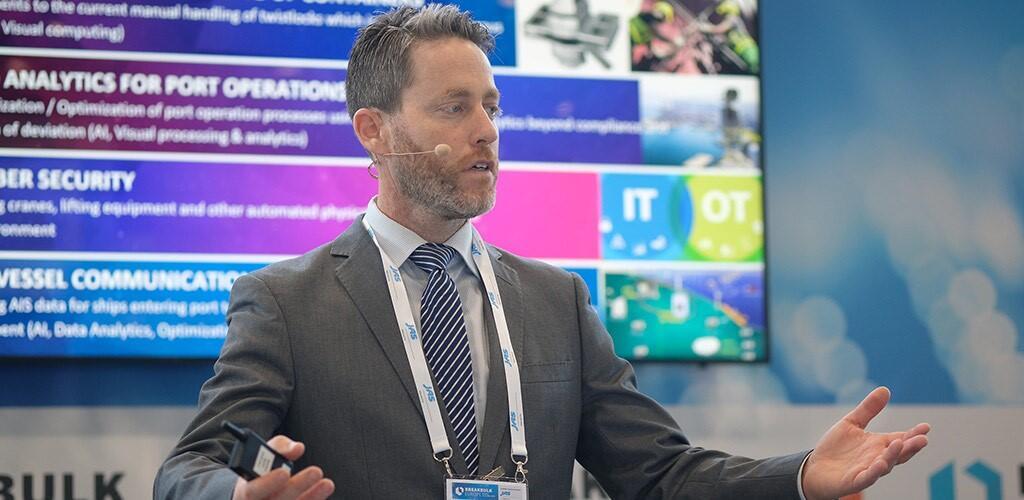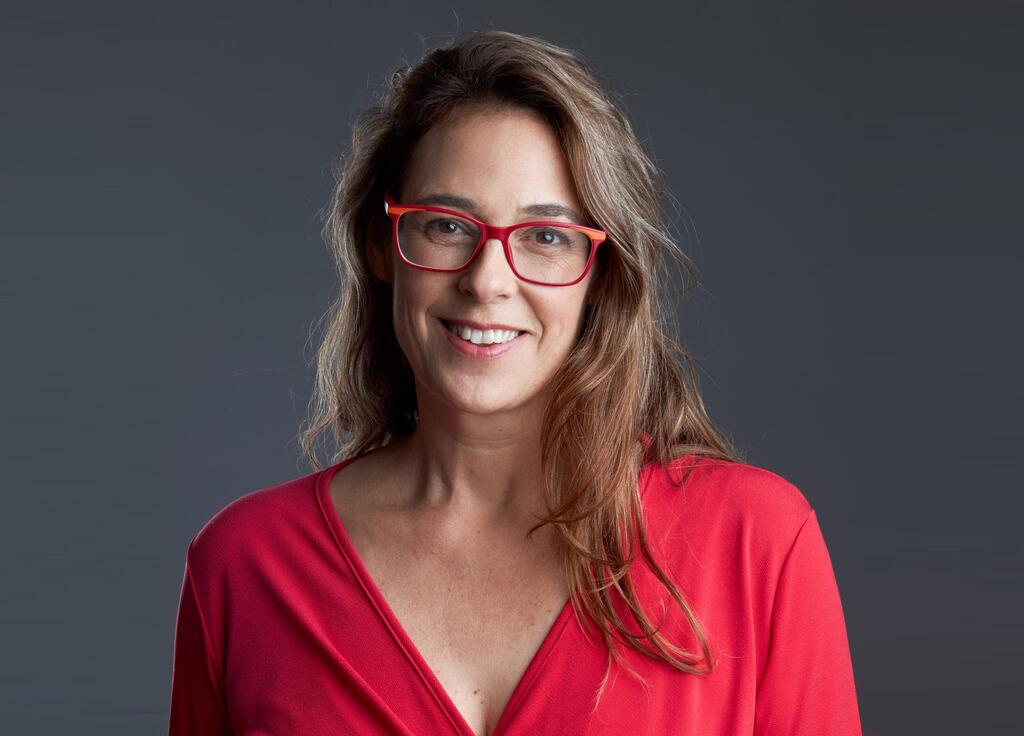A., a well-known entrepreneur in the Israeli market and the president of a large international company, stands on the stage to give a talk, something he has done many times before.
More Stories:
He didn't come to talk about life as a shining star in the Israeli startup scene, just the opposite, he’s going to talk about the lowest point in his life, a dark period when he invested all his skills, time, and money in his dream - and failed.
The story of A.'s failure is simple yet powerful: he developed a product, fell in love with it, and burned millions of dollars trying to promote it. The product was completely irrelevant to the market, but A. refused to listen. For months, he ignored the feedback and the dozens of red flags he saw.
Fortunately, someone in his close circle finally confronted him, and made him stop and try and pick up the pieces. Several years have passed, and A. managed to become successful again.
Startup companies don't always succeed. In fact, in the majority of cases, they fail. Over 91% of startups established in Israel will fail. Most of them will close after a year and a half. Few will survive for three years, and only a fraction will reach five years.
So why do we hardly hear about the failures? Firstly, because the media and people love to focus on successes, and secondly, because it's hard to find people willing to admit wholeheartedly that they failed.
Liora Golomb is looking for people who can admit it. Once a month, she gathers them on stage and asks them to "talk about your life’s biggest failure." This happens at the "Fuck-Up Nights" event, which has become a hit in Tel Aviv in recent years.
The idea originated from a group of people in Mexico, and from there, Fuck-Up Nights have become a real movement, with over 300 cities worldwide endorsing similar events. Seven years ago, Golomb was introduced to Fuck-Up Nights in Australia and decided to bring the idea to Tel Aviv.
Today, the city is one of the major hubs of Fuck-Up Nights in the world, and every month a free event is held there, with hundreds of participants and even a waiting list. Each evening, four individuals from different fields take the stage and tell about their failures.
"The events are done on a voluntary basis out of a desire to normalize the conversation about failure in Israel," says Golomb.
What’s the issue with talking about failure in Israel in your opinion?
"I believe that Israel was born out of failures. We simply don't use the word 'failure' but rather other words like 'blunder' or 'joke' to soften it, but failures are an essential part of who we are, both as Israelis and as human beings.”
“The beauty of Fuck-Up Nights is that we realize that we will all fail at some point in our lives. Talking about failures is liberating, we don't do it enough."
Golomb is 35 years old, and like all the speakers at Fuck-Up Nights, she also failed. In her case, she attempted to launch a startup company and failed.
"The beauty of Fuck-Up Nights is that we realize that we will all fail at some point in our lives"
"It seemed like every other person in Israel was starting a startup company, and I wanted to do it too. It looked very easy. I was involved in marketing and I was convinced that the product I needed was what everyone else needed as well.”
“I quit my job and tried to find a new one while starting a startup company at the same time. When everyone tells you 'no,' you understand that your idea isn’t good enough, and when everyone tells you 'no' in job interviews, you think you're not good enough.
“The combination of the two can be very discouraging and leads to depression. At my lowest point, I completely stopped believing in myself.” Several good years have passed, and Golomb currently works as an employer brand manager for a large American company.
How do you convince people to talk about failure?
"At every event, we approach ten people. Four of them will say yes. It turns out that for every three men, one will agree, and for every six women, one will say yes. Women are more afraid to talk about failure.”
“In the beginning, people refused, thanks to our provocative name. The name is intended to shock in some way. We don't sugarcoat failure, and we don't talk about failure in the context of success. We have highly successful people, but they don't talk about the failure that led to their success, they talk about the one that hurt them.”
“We've been doing this for seven years, and hear entrepreneurs saying, 'At worst, if I fail, I'll talk about it at Fuck-Up Nights.' That's the greatest compliment there is. Even entrepreneurs today understand that there’s no such thing as success without failure."
A broken dream
"Failure is truly a matter of perspective. Ten years passed since my failure, and fortunately, I’ve also experienced successes since then, so it’s easier for me to talk about it," says Nir Gartzman, a 39-year-old entrepreneur from Kfar Saba.
Today, he owns "TheDock", a venture capital fund that invests in Israeli startups in shipping, ports, and logistics. He established the fund five years ago with a partner, and the two have closed 15 deals and raised millions of dollars.
A decade ago, Gartzman faced a crisis when BetterPlace, one of the biggest companies ever born in the Israeli startup world, crashed. Gartzman was living in China when Shai Agassi founded the company, and returned to Israel to take on a management role in the promising startup.
"When the company closed and people went home, It was truly a dream shattered"
"BetterPlace may not have been a startup that I founded, but I was a senior figure in it, and I believed in it. It was a startup that made waves globally, with articles in all the major newspapers and $750 million in funding before it even found a single customer.
“I worked there for three years as the Central-district Operations Manager, from the start to the ultimate crash, when the company closed and people went home. It was truly a dream shattered."
Tell me about a significant point you had along the way
"There was a stage where the board of directors ousted Shai Agassi and appointed another CEO from Australia. The company had to undergo aggressive layoffs in an attempt to steady the company.”
“Different departments were merged, and we went from 600 employees to 150 in weeks. I was one of the 150 who remained. For the first time in my life, I had to lay people off. I was under 30, and most of the people I let go were older than me. It was hard to deal with.”
BetterPlace’s crash was traumatic for Gartzman, on a personal level as well. After Shai Agassi convinced him what the world needed was electric cars, Gartzman rushed to convince his family.
"I was very excited about the idea," he admits, "Back then, anyone who entered a room with Shai Agassi came out of it wanting to change the world. I switched my car to an electric one, then I convinced my parents to do the same. When it didn't succeed, they asked questions: ‘What were you dreaming about all this time? What were you trying to sell us?'"
You tried something that would eventually succeed
"Yes, BetterPlace was absolutely something positive, and I regret that we didn't succeed. There was a feeling that maybe we were a little ahead of our time. However, Tesla had already started operating back then, so we felt like maybe if we had done things differently, we’d still be around.”
What do you think didn’t work in the company?
"In the end, it comes down to management and staff. Shai Agassi was undoubtedly successful, but he appointed a CEO without experience. He brought along senior executives who were formally in the IDF, who are rare to see in successful technological startups. They had no real interest in whether the company would succeed or not, as they’ve already had a successful career in the army."
"In addition, in BetterPlace, everyone tended to hide things. All startups have difficulties, but when things didn't go well, camps were formed among the senior staff, that kept information to themselves. Instead of solving the issues, each group blamed the other for them.”
What are your main conclusions from your experience at the company?
"Transparency is a must. Sunlight is the best purifier. Everything, especially when it comes to business, should be talked about, and if someone actively tries to hide something, it needs to be addressed as soon as possible.”
"The second thing is simplicity. People paying for a certain product need to know why and what they get out of it.”
Would you give up on that experience?
"No. The first reason is that I met amazing and talented people there, that's something I would never give up. The second reason is that in order to do what I do today well, I needed to go through this experience. The second is that if I’d only experienced success, I would probably make some of the mistakes I made there.”
Any tips for people looking to start a startup company?
"Firstly: listen to your customers. The people for whom your product is intended are more important than anything else. The second one: surround yourself with a diverse group of people from various fields so that you have someone to consult with."
Ladies and gentlemen, I've failed
A diverse group of people is exactly what Gali Meiri was missing when she embarked on her startup journey completely alone.
Everything was going great in her life along with her husband and three children in Ramat Gan. In 2006, she founded "Taasiya" (Industry), a website for content creators, producers, and creatives.
The website quickly became a significant tool for managing the creative community in Israel and the main platform for finding work in the field. Workers created their professional profiles, and the job board was bustling with activity.
Meiri became a known authority in community management, and her successful website provided well for her and her employees.
Yet, four years ago, Meiri decided to launch a startup company. Based on her experience in the field, she created "Communities," a tool for community managers, and like many before her, she was confident her product would change the world.
After four years of hard work without her product taking off, Meiri took to social media to announce that she was shutting down her business venture.
"I have no problem admitting that I didn't succeed. I don't see it as a weakness"
"Those who know me are aware that this has been going on for a long time. I informed community managers about closing a few months ago and helped them find alternative solutions. The post made this process public.”
“I wrote it because I felt it was important to have some sort of closure, to tell the world, 'That's it, we're stepping down.’ I also wanted to thank our investors, partners, and everyone who helped along the way. In general, I think that because I'm a relatively confident person, I have no problem admitting that I didn't succeed. I don't see it as a weakness."
Why did you get into launching a startup company?
"Because of my ambition and because I felt that I wanted to do something different. A few years after I founded my website, Facebook entered our lives, and people started managing professional Facebook groups.”
“Over time, they realized that it was very challenging, and many asked me for advice. As the years went by and I kept answering questions, I thought that if I used my knowledge, I could create a platform that would help people, a simple tool that they could easily operate.”
“I was confident that my tool would take the world by storm, but it turns out it's not as simple as I thought. While Communities was a platform that 200,000 people turned to for job opportunities and had tremendous value for the users, its business model and growth weren’t enough to cover costs."
In hindsight, where did you go wrong?
"First of all, I started a technological startup without a partner who knew about technology. Looking back, I shouldn’t have started this startup without first recruiting a technological partner.
“In general, starting a business venture alone is very tough, and unless you already have several successful companies behind you, many investors will hesitate to support you if you say you're a solo entrepreneur.”
“Another thing I realized too late is that you need to be very precise about your market. In my case, I should have looked into what really irks community managers, and how much they were willing to pay to solve their issues.”
"In the end, I came out of this experience much wiser. I'm not saying it's a pity that there wasn't someone advising me, because many wonderful people did give me advice.”
When did you realize it was over and it was time to give up?
"When I realized the business was going to ruin me financially, I decided to quit. I realized that without a serious game-changer or a serious customer, I’d lose more than I already have, and I couldn't bring that game-changer. I closed it when I realized I had to cut my losses, but had I realized it sooner I would’ve closed it even earlier.”
“The business didn't grow for a while, but I always had hope it would. After all, these things take time. It's not like you meet an investor, and they say, 'Yes.' They ask for another meeting, and then the next meeting gets postponed by a month, and then another month.”
"You can come up with the most amazing script in the world, one that could win an Oscar, but if you fail to raise money for it, it won't be made"
“It's a process that requires what's called Runway in the startup world, enough money in the company's bank account to allow it to continue and sustain its operations. And I didn't have that.”
"Starting a startup is like making a movie. You can come up with the most amazing script in the world, one that could win an Oscar, but if you fail to raise money for it, it won't be made.”
“There are over 5 million applications in app stores. Every day, thousands of new applications are launched. Therefore, the thought of 'I'm going to invent something new' is wrong. 99% of the time, someone already did what you’re thinking about."
How did people around you react?
"My partner believes in me and is very supportive of everything I do, but it's a highly challenging journey that has costs. People don't see the emotional and mental prices even those who succeeded in launching a startup paid. It's not always as glamorous as it seems. So yes, I paid personal prices, that I haven't really overcome even today."
Do you feel like you’ve failed?
"I don't think I’ve failed. I believe I’ve learned a lot. I failed to deliver a return on investment to my investor. He wanted me to succeed, to sell the company or make more funding rounds, and I couldn't do that.”
“The framing of failure in the startup world is problematic, because it happens to 90% of entrepreneurs. It's amazing that anyone manages to move something from an idea to execution. In Israel, the focus is only on the companies that made it. Investors only fund startups that are supposed to explode and become unicorns.”
“There's no awareness to ventures that fall into a middling area that isn’t a failure, but also isn’t an astronomical success. There are many highly successful companies that nobody hears about."
These days, Meiri is opening an agency for fitting freelance workers with jobs. Alongside her new agency, she's writing her first book, "How Not to Do a Startup," from lessons she learned during her venture.
So, you’re putting your experience to good use?
“The book is the result of all the mistakes I made. I don't want these four years to be in vain, for those lessons to stay only inside of my head. I want my painful and important lessons to reach people."
There are plenty of books about startups
"There are plenty of books that explain how to succeed. No one tells you what not to do. Even when people talk about failures, you hear the story from an entrepreneur who now has a company worth millions of dollars”.
“But I'm failing now, I'm facing the closure of my company. How do you tell a customer who uses your platform that you’re shutting down? How do you tell your investor that their money is gone? There's something about this that people avoid talking about.”
“When you attend lectures at all sorts of startup meetings and someone from a multimillionaire company tells you that when they started out, they barely raised 25 million dollars, it's discouraging. I'm sitting here, broke, and you're telling me how poor you were when you barely raised 25 million dollars? We don't speak the same language at all."
"After publishing the post, I received messages from entrepreneurial companies that had written a similar post in the past, but didn't have the courage to press 'publish.' They wrote it, but kept it in their hearts because it's unpleasant to talk about something that didn’t turn out successful.”










